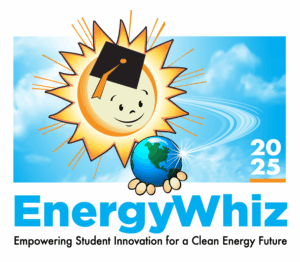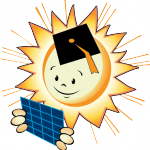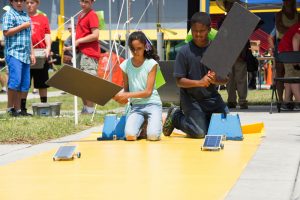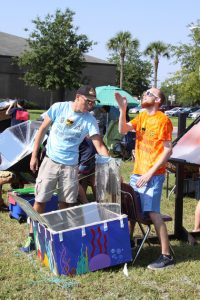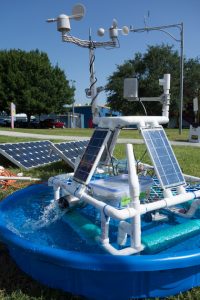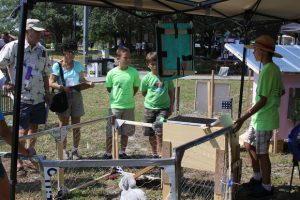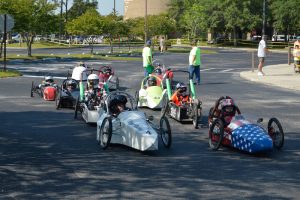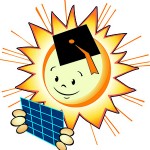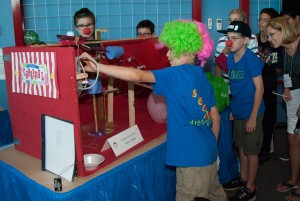COCOA, May 8, 2025–Minimal clouds and a slight breeze made it a perfect day to see just how fast model solar sprint cars could race, how hot solar ovens could get, and how many laps electric go-carts could complete.
Nearly 400 students from 31 schools across Florida—from Tallahassee to Tampa to Boca Raton—converged at FSEC®, Florida’s premier energy research center at the University of Central Florida, on April 26th to compete at EnergyWhiz.
Students have the chance each year to compete in FSEC’s Junior or Senior Solar Sprint, Solar Energy Cookoff, Energy Inspired Art, Critter Comfort Cottage, and Energy Transfer Machine. And the Electrathon of Tampa Bay provides their high school, college, and adult teams a chance to race their electric go-carts at EnergyWhiz.
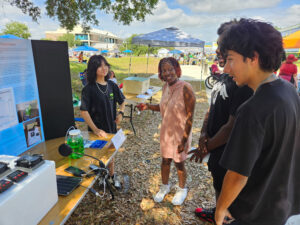
“EnergyWhiz provides an opportunity for youth to showcase innovative energy concepts in a fun, creative, and purposeful format,” said Brooks Rumenik, director of Florida’s Office of Energy. “It is evident that these young scientists are ready, willing, and determined to tackle any number of energy challenges they may face.”
One of the Critter Comfort Cottage middle school teams stepped out of the box and demonstrated how to sequester carbon using salps (gelatinous marine creatures) and phytoplankton. Read more
